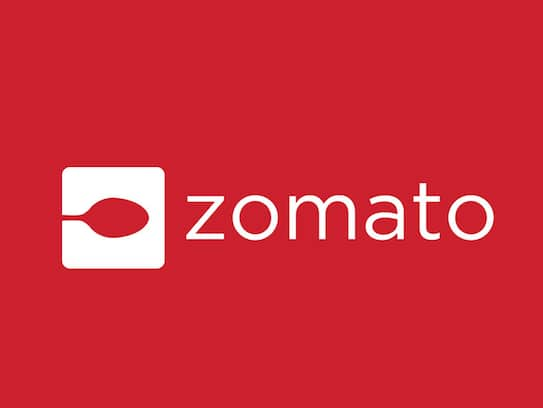

India’s largest restaurant search and food delivery platform Zomato is cracking maiden profits following rapid expansion in newer cities. The company on Saturday laid off 540 employees at its head office in Gurugram across its customer, merchant and delivery partner support teams, but CEO Deepinder Goyal insists Zomato is creating more jobs than ever before.

New Delhi: India's largest restaurant search and food delivery platform Zomato is on the verge of cracking its maiden profits on the back of rapid expansion into newer cities that has brought more business to both established outlets and 'dark kitchens', creating thousands of jobs, its founder and CEO Deepinder Goyal said.
The company on Saturday laid off 540 employees at its head office in Gurugram across its customer, merchant and delivery partner support teams, but Goyal insists Zomato is creating more jobs than ever before.
Starting off in 2008 by scanning and putting restaurant menus online, Zomato has expanded to 24 countries and services 10,000 cities globally, he told PTI.
In India, it serves 25 million customers in over 500 cities in India and is valued by analysts at between USD 3.6 billion and USD 4.5 billion, he said. It is backed by Silicon Valley venture fund Sequoia Capital, Singapore government's Temasek Holdings and Indian e-commerce player Info Edge.
Zomato, he said, delivers orders from 250,000 restaurants and hundreds of 'dark kitchens' where restaurant food is cooked, but no restaurant actually exists.
Free from the consumer-facing elements required in their bricks-and-mortar parent restaurants -- chairs, tables, toilets, sheer space -- these kitchens exist purely to serve the growing food-delivery market. Orders come in, meals are cooked and Zomato delivery boys whisk them immediately away on bikes.
"Our losses per month have come down by 50 per cent in the last three months. We are still investing heavily in the food delivery business which has grown 6x in the last year, and is now present in more than 500 cities," Goyal said.
The company can "make a profit any month" it wants but right now is focused on expanding the food delivery business, he said. "We touch 25 million customers every week, generate 0.5 million jobs directly, indirectly. We are all set for 10x growth in 5 years."
Besides bringing business to restaurants and 'dark kitchens', most of which do not have their own delivery service, Zomato is also creating direct employment through riders, he said.
On Thursday, Goyal had tweeted that its delivery partners' monthly income crossed Rs 200 crore for the first time, with the number of delivery partners rising to 2.3 lakh this month against 74,000 in September 2018.
"Milestone alert: Our delivery partners' monthly income has crossed 200 crore for the first time. And we have just hit 230,000 delivery partners in India," he had tweeted, adding that the company aims to add 10,000 new jobs in September alone as a "result of direct employment and contracts with Zomato".
That tweet came before the layoffs on Saturday that the company said were due to improvement in its technology interface across functions leading to reduction in support-related queries, thereby making several roles redundant.
Post layoffs, the company's employee strength is an estimated 5,000 people across the organisation (including international markets).
Goyal, however, said the company was still hiring people for its technology, product and data sciences teams. Zomato has hired over 1,200 people in non-delivery teams and another 400 off-rolls positions besides creating jobs for hundreds of thousands of delivery partners.
Zomato's food delivery service is now eyeing a presence in 1,000 cities. It is aggressively launching across tier III and IV cities for wider reach and scale.
Some of the latest additions include Alappuzha and Malappuram (Kerala), Pushkar (Rajasthan), Ankleshwar and Mehsana (Gujarat), Kanyakumari, Kodaikanal, and Cuddalore (Tamil Nadu), Itarsi and Ashoknagar (Madhya Pradesh), Fazilka and Nawanshahr (Punjab), Vrindavan and Azamgarh (Uttar Pradesh), Silvassa (Daman), Chittoor (Andhra Pradesh), Daltonganj (Jharkhand), Pataudi (Haryana), Osmanabad and Sawantwadi (Maharashtra) and Shillong (Meghalaya).
Goyal, a former management consultant at Bain & Co, said traffic has been growing. Zomato in 2018-19 saw revenue shoot up to USD 206 million from USD 68 million in the previous year, primarily driven by its food delivery vertical, according to the company's annual report.
It spent USD 500 million during FY19, a six-fold jump from the USD 80 million spending in the previous year. Its losses stood at about USD 294 million in the fiscal.
Read Exclusive COVID-19 Coronavirus News updates, at MyNation.